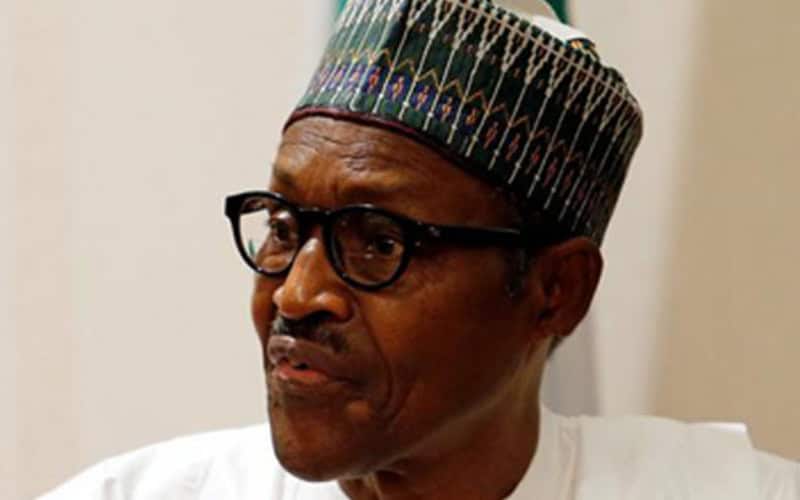Abuja: Nigeria’s government on Monday warned about an increase in violence before elections next month, and accused the main opposition of trying to foment unrest to jeopardise the vote.
Information Minister Lai Mohammed said the government had “credible intelligence” the Peoples Democratic Party (PDP) was orchestrating “widespread violence”.
He said it was trying to whip up unrest “with a view to truncating the elections” to trigger “a constitutional crisis that could snowball into the establishment of an interim government”, he told a news conference in the capital, Abuja.
Africa’s most populous nation goes to the polls on February 16 to choose a new president and parliament. Governorship and state assembly elections take place two weeks later.
Nigerian elections are often turbulent affairs, frequently marked by accusations of plotting or back-doors dealing.
President Muhammadu Buhari, of the All Progressives Congress (APC), is seeking a second term but PDP candidate Atiku Abubakar is expected to run him close.
National security is a major issue, with Boko Haram Islamists still active in the northeast despite Buhari’s vow to end the insurgency.
There was no immediate response from the PDP nor Abubakar, a wealthy businessman who served as vice-president to president Olusegun Obasanjo from 1999 to 2007.
Nigeria has a history of deadly political unrest, particularly around elections. In 2011, some 1,000 people were killed after the results were announced.
In December, all presidential candidates signed a pledge to ensure peaceful election. But that has not stopped an increasingly bitter war of words between the APC and the PDP.
On Sunday, Obasanjo said he had “serious doubts” about the credibility of the election and cast doubt on the impartiality of the electoral commission.
Obasanjo accused Buhari — both of whom are former military rulers — of trying to imitate the regime of dictator Sani Abacha by misusing the security services to target political opponents.
Nigerian soldiers this weekend fought off three separate Boko Haram attacks in the remote northeast — the latest in an increasing number against military positions in recent months.
The country has also been hit by an escalation in violence in the long-running battle for land and water between nomadic cattle herders and farmers in central states.
At the same time, kidnapping for ransom and cattle rustling by armed bandits is on the rise in some northern states.
Mohammed alleged bandits, criminal gangs and even Boko Haram fighters had been mobilised to carry out attacks and “provoke massive chaos before, during and after the elections”.
Steps were being taken to prevent violence and the government was committed to “credible, free, fair and peaceful elections”, he added.
[source_without_link]AFP[/source_without_link]

